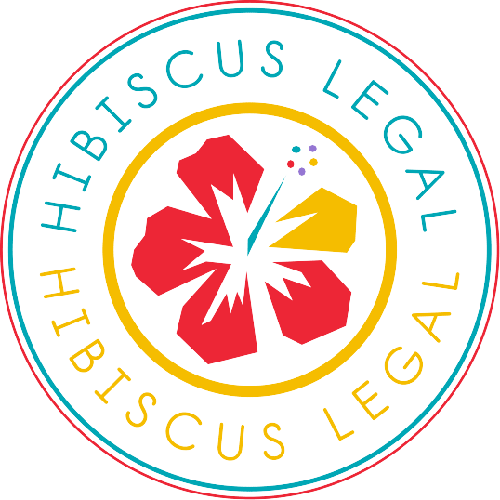Section 1202 allows a non-corporate taxpayer (i.e., individual, LLC taxed as a partnership, trust, etc.) to exclude up to 100% of the amount of eligible gain realized from the sale or exchange of QSB stock held for more than five years.
The amount of eligible gain that is eligible for exclusion by a taxpayer with respect to QSB stock held in a particular corporation is subject to an annual limitation equal to the greater of either:
(i) $10 million (reduced by the aggregate amount of eligible gain taken into account by the taxpayer in prior taxable years with respect to dispositions of QSB stock of such corporation); or
(ii) 10 times the aggregate adjusted bases of QSB stock issued by such corporation and disposed of by the taxpayer during the taxable year.
There are four main requirements that must be satisfied before gain on the sale of stock is potentially eligible for the exclusion under Section 1202.
(1) Stock of a C-Corporation Acquired at “Original Issuance”
Sections 1202(c)(1) and (c)(1)(B) generally provide that QSB stock means any stock held with respect to a C-corporation if such stock is acquired by the taxpayer at “original issue” (directly) in exchange for money or other property (not including stock), or as compensation for services performed for such corporation.
Planning Point: Incorporate a new corporation in the state of your choice. After you file the articles of incorporation and register with the Secretary of State, contribute cash, property, or services to the corporation in exchange for stock. Document the exchange with a contribution agreement or similar agreement.
(2) Qualified Small Business
Sections 1202(c)(1) and (c)(1)(A) provide that as of the date of issuance the issuing corporation must be a “qualified small business.”
Section 1202(d)(1) defines a “qualified small business” as a domestic C-corporation if: (i) the aggregate gross assets of such corporation, before the issuance of the stock being tested for potential qualification as QSB stock, do not exceed $50 million; and (ii) the aggregate gross assets of such corporation immediately after the issuance of the stock being tested for potential qualification as QSB stock (determined by taking into account amounts received in the issuance) do not exceed $50 million.
“aggregate gross assets” means the sum of the amount of cash and the aggregate adjusted bases of all other property of the corporation (with the adjusted basis of any property contributed to the corporation being determined as if the basis of the property contributed to the corporation were equal to its fair market value as of the time of such contribution).
However, stock that otherwise qualifies as QSB stock as of the date of issuance will not lose that status solely by virtue of the fact that a corporation subsequently exceeds the $50 million threshold.
Planning Point: Most start-ups qualify as a “qualified small business”. If you are considering contributing significant assets to the corporation (e.g., intellectual property, real estate, etc.), then document the fair market values of each property to ensure its aggregate gross assets do not exceed $50 million.
(3) Active Business
The corporation must meet the “active business requirements” of Section 1202(e), which means (i) at least 80% of its assets are used in the active conduct of one or more “qualified trades or businesses” (as defined in Section 1202(e)(3)) and (ii) such corporation is an “eligible corporation” (as defined in Section 1202(e)(4)).
“qualified trade or business” means any trade or business other than: (i) any trade or business involving the performance of services in the fields of health, law, engineering, architecture, accounting, actuarial science, performing arts, consulting, athletics, financial services, brokerage services, or any trade or business where the principal asset of such trade or business is the reputation or skill of one or more of its employees; (ii) any banking, insurance, financing, leasing, or similar business; (iii) any farming business (including the business of raising or harvesting trees); (iv) any business involving the production or extraction of products of a character with respect to which a deduction is allowable under Section 613 or 613A; and (v) any business of operating a hotel, motel, restaurant, or similar business.
An “eligible corporation” as any domestic corporation other than: (i) a DISC (a “domestic international sales corporation” as defined in Section 992(a)) or former DISC; (ii) a RIC (regulated investment company), REIT (real estate investment trust), or REMIC (real estate mortgage investment conduit); and (iii) a cooperative.
Planning Point: Section 1202 is great for tech companies because the principal asset of their business is intellectual property rather than the reputation or skill of its employee(s). There are a handful of private letter rulings that distinguish the boundaries of a service business in the excluded fields (e.g., health). For example, a tech company that serves accounting firms can create a defensible position that they are in the field of tech and not accounting.
(4) Five-Year Holdings Period
Section 1202(b)(2) effectively requires that QSB stock must be held for more than five years before the sale.
